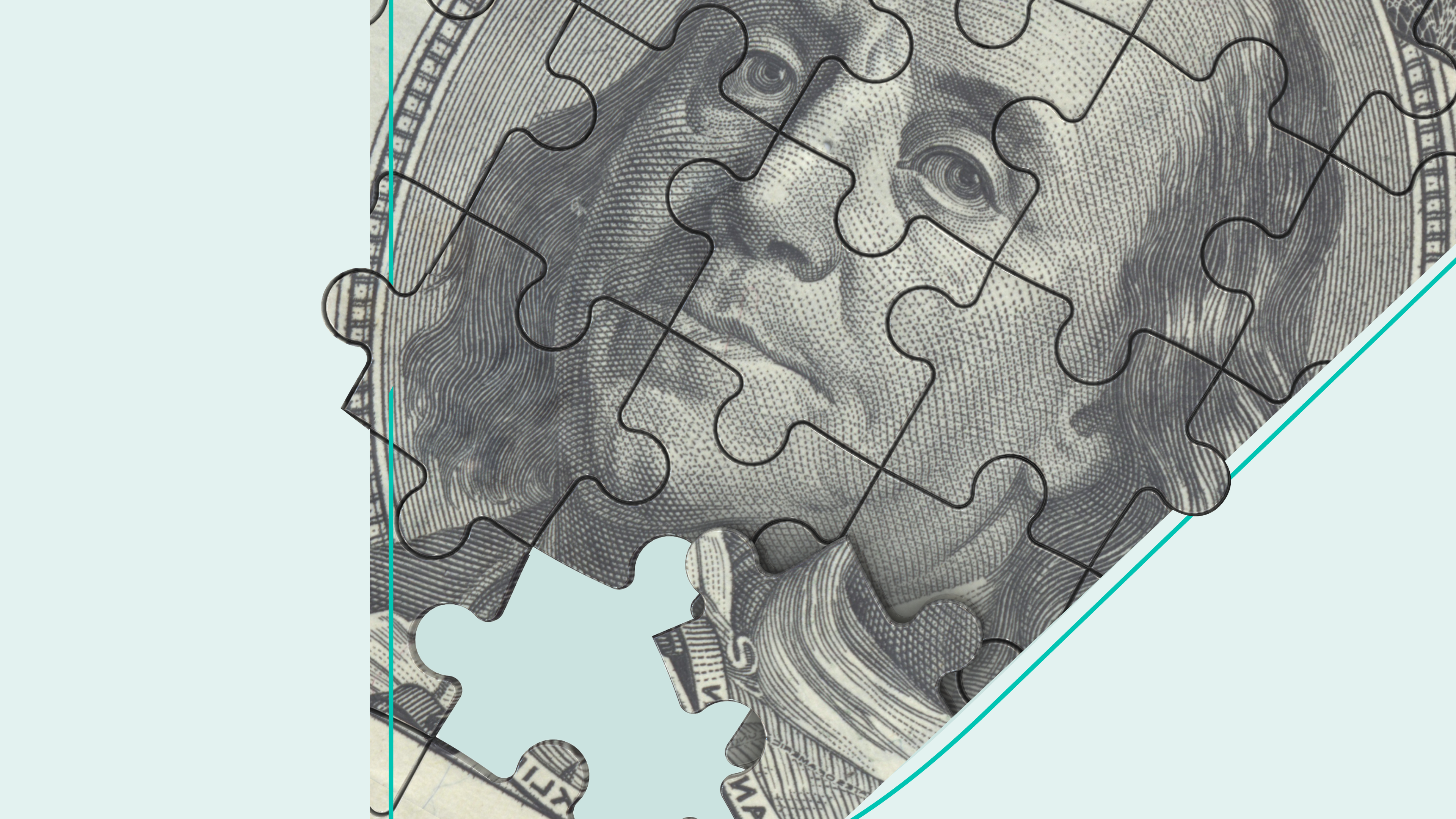Making a plan for your money is a real b-word. Budget, that is. But it doesn't have to be all about restriction and skipping lattes. A budget is really about taking control of your money and doing all you can to afford your best life. Creating one you *don’t actually hate* can make it easier to stick with.
So where do I start?
With where you've been. Go over how much you typically earn each month or pay period. Then review your monthly expenses like rent or mortgage payments, utilities, and phone bills. Be sure to dig into the details of your daily spending, too (think: meals, shopping, gas, etc.) by scanning your bank and credit card statements from the past few months. This can help you decide which costs are worth keeping and spot where you might need to cut back.
Then what?
Think about your goals. Trying to get out of student loan debt? Saving for a down payment on a house? Aiming to retire one day? Once you’ve identified your money goals, you can start figuring out what kind of budget it will take to meet them.
What kind of budgets are there?
Lots. A few financial expert-approved ideas include:
The 50/20/30 Budget: This strategy breaks down your expenses into three categories that each get a portion of your money. Needs (like rent, basic groceries, and minimum debt payments) should make up 50% of your budget. Savings goals get 20%. And everything else goes into the last 30%.
The All-Cash Diet: No calorie counting required. Instead of relying on debit or credit cards for your everyday purchases, this budgeting strategy has you always pay cash. That means you take out physical money for those expense categories and stop spending when it runs out. You can still shop online (especially if it helps you save); just count it like you spent it in person.
Pay Yourself First: Get selfish with your cash. With this method, you transfer a certain amount of each paycheck to saving and investing. And make it your first transaction on payday. As in, Future You gets paid before any bills.
The Paycheck Budget: If you struggle to make a budget that lasts through the month, break it down by paycheck. Start by calendaring all of your monthly expenses (don’t forget about savings and debt payments). Then assign each dollar of your take-home pay a purpose.
How do I decide which budget works best for me?
These budgets aren’t one-size-fits-all. Your money plan needs to fit into your lifestyle and abilities. And it might take some time to figure out which method is right for you. So don’t be afraid of a little trial and error. Mixing and matching methods might even work best. And keep in mind that your plan isn’t set for life. There will be times when you need to adjust your budget, which might mean switching methods too.
Okay, so I’ve made a budget. Now how do I stay on track?
By writing it down. Try a budgeting journal. Use a spreadsheet. Or check out budgeting apps that can track your spending for you. Because automation is your friend and can take the admin work (and emotional toll) out of budgeting.
theSkimm
Budgeting may sound like it makes life harder. But it actually does the opposite if you know how to make a budget that works for you. Pick a tried-and-true method or DIY your own that fits into your lifestyle.
Subscribe to Skimm Money
Your source for the biggest financial headlines and trends, and how they affect your wallet.
